The Centers for Disease Control and Prevention's Advisory Committee on Immunization Practices (ACIP) has rescheduled a meeting for December 4 and 5, according to a Federal Register notice released on Thursday. The meeting, initially set for October but postponed due to the government shutdown, will focus on vaccine safety, the childhood and adolescent immunization schedule, and hepatitis B vaccines. A vote on the latter is also expected.
The ACIP typically consists of 15 experts, all of whom are extensively vetted and renowned in the field of vaccine research. However, in June, Health Secretary Robert F. Kennedy, who has been known for his anti-vaccine views, fired all 17 members of the panel and appointed 12 new members. The majority of these new appointees have questionable qualifications and hold anti-vaccine stances. This move has raised concerns among public health experts and advocates for vaccination.
Dr. Emily Chen, a leading expert in vaccine development and a vocal critic of the new ACIP appointments, expressed her concerns about the upcoming meeting. "The ACIP's role is to provide evidence-based recommendations on vaccine schedules and safety. However, with the new appointments, it's unclear whether the committee will prioritize scientific evidence or ideological agendas," Chen said in an interview.
The ACIP's decision-making process has been scrutinized in recent months, with many questioning the qualifications and motivations of the new appointees. Critics argue that the panel's recommendations will have a significant impact on public health policy and vaccination rates, particularly among vulnerable populations such as children and adolescents.
The ACIP's meeting will take place just a few weeks before the holiday season, a time when vaccination rates often decline. Public health experts are urging policymakers to prioritize evidence-based recommendations and ensure that the ACIP's decisions are guided by scientific evidence, rather than ideological agendas.
As the meeting approaches, health advocates and experts are calling for transparency and accountability in the ACIP's decision-making process. "The public has a right to know that the recommendations made by the ACIP are based on the best available scientific evidence, not on personal opinions or biases," said Dr. Maria Rodriguez, a pediatrician and advocate for vaccination.
The ACIP's meeting on December 4 and 5 will be closely watched by public health experts, policymakers, and the general public. As the committee deliberates on vaccine safety and schedules, the implications for public health policy and vaccination rates will be significant.






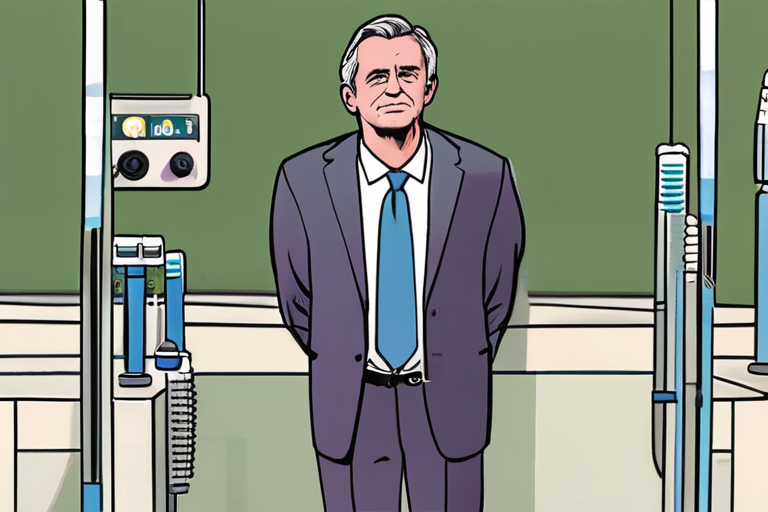
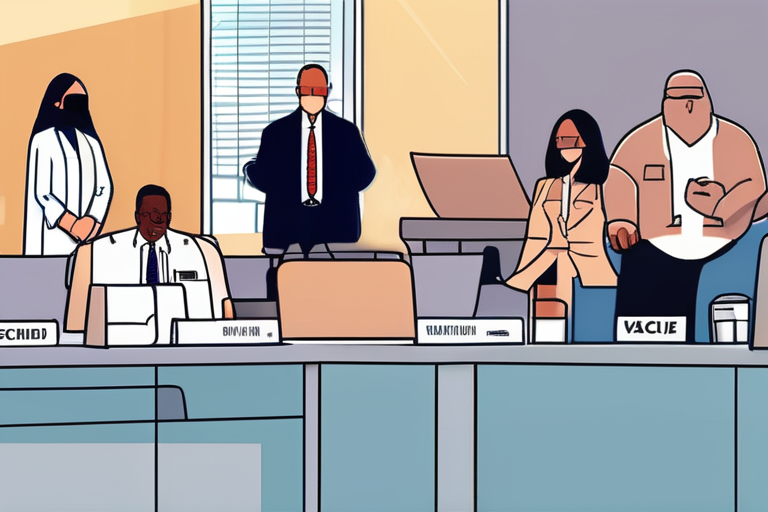
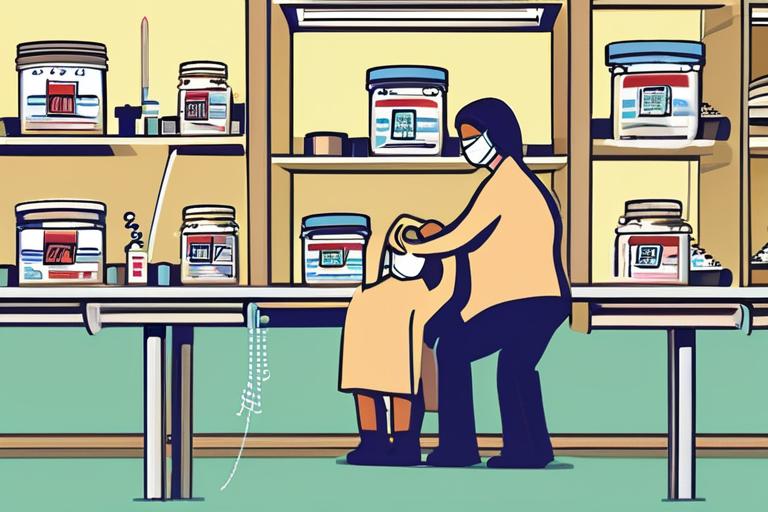



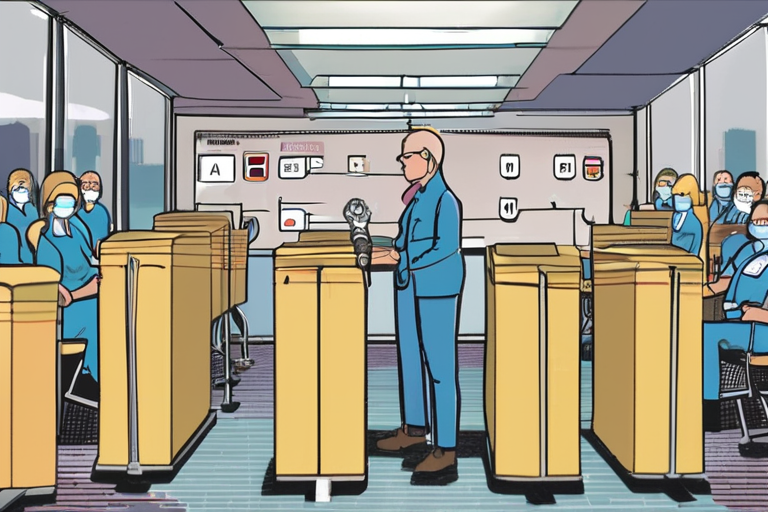
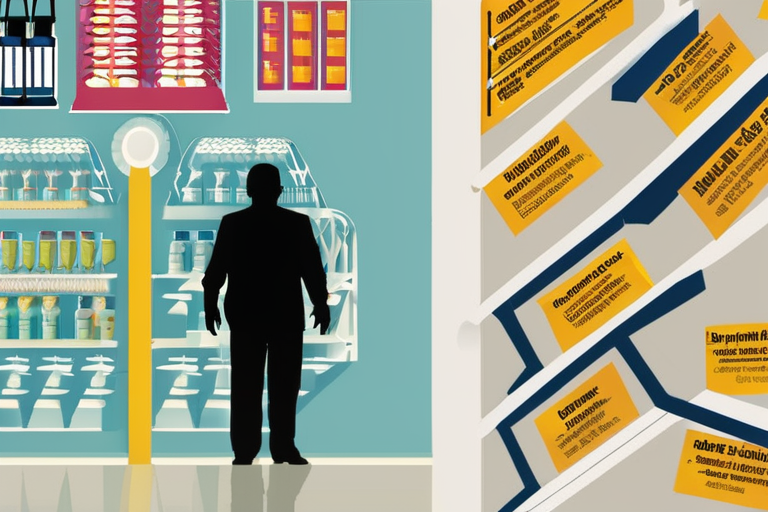









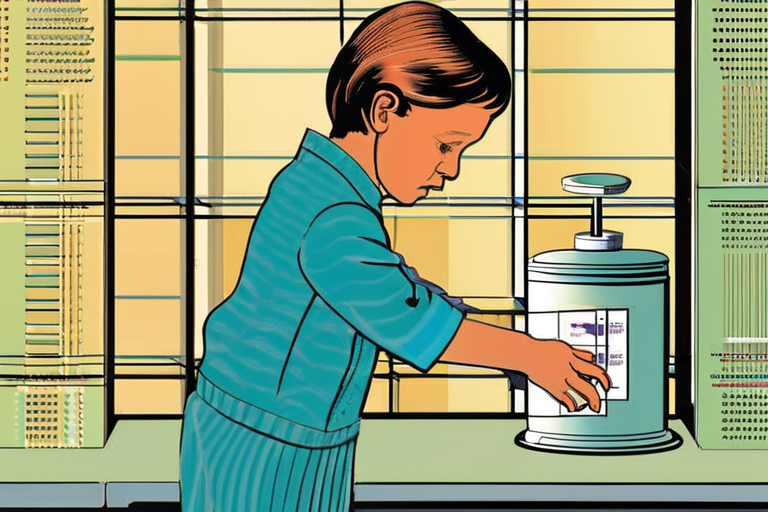



Share & Engage Share
Share this article